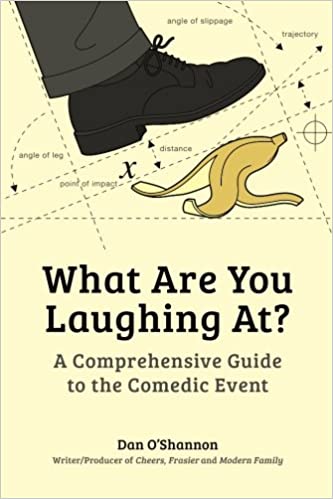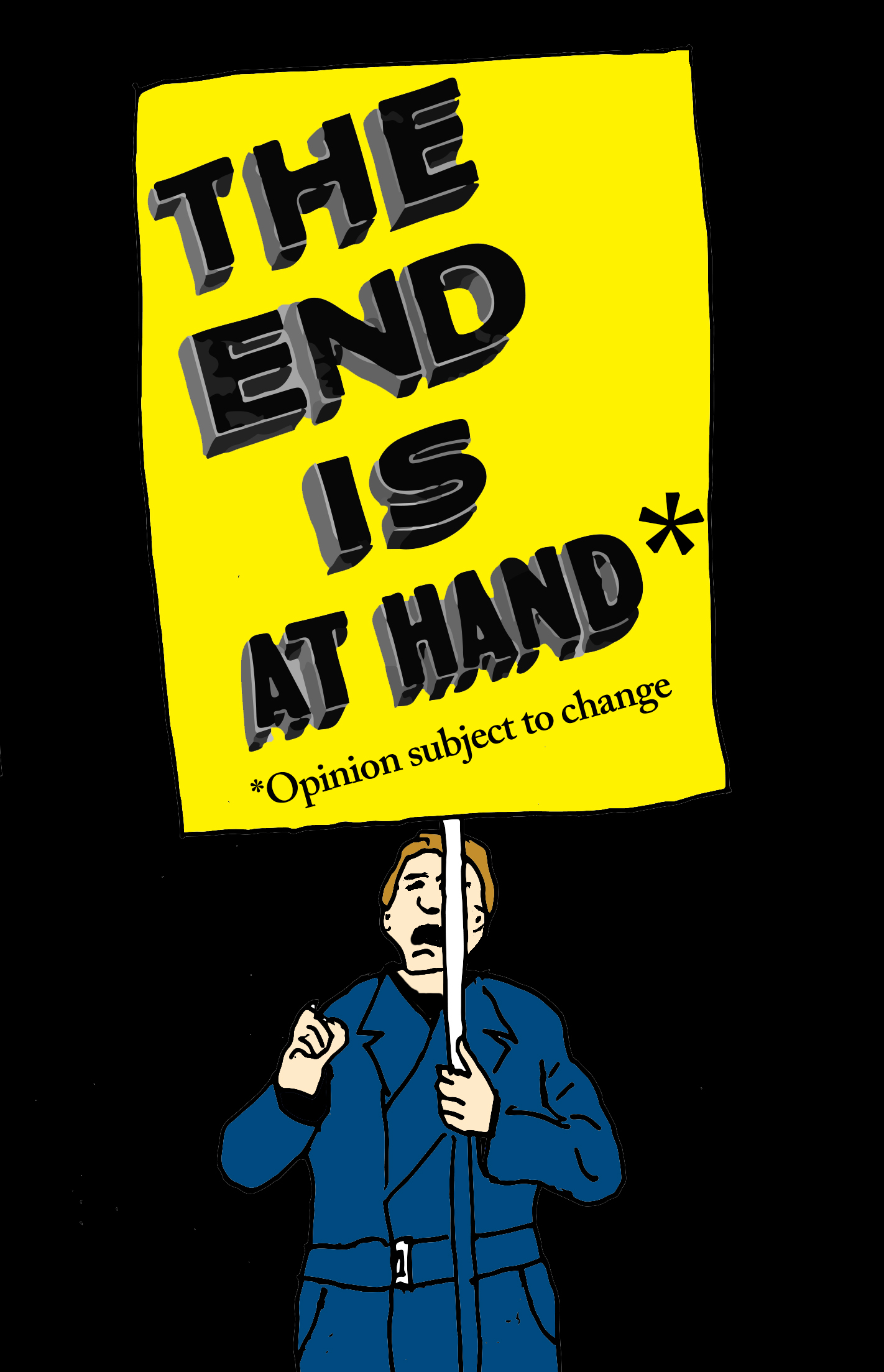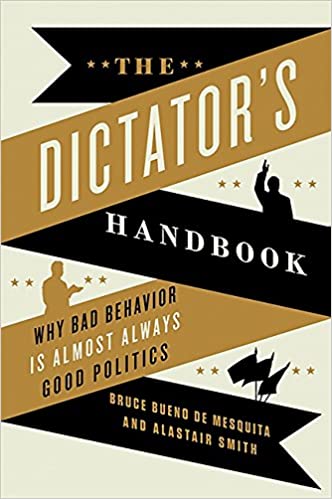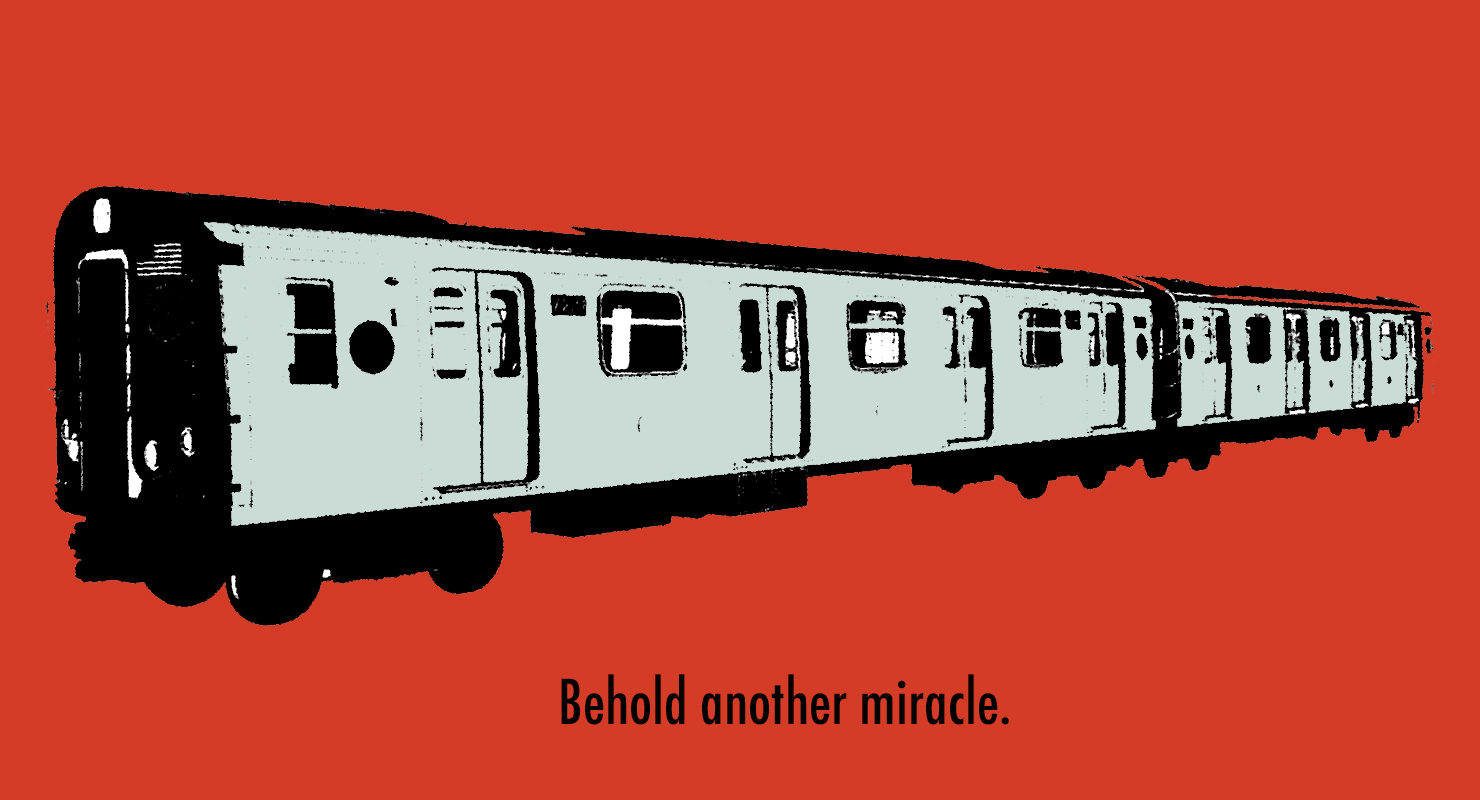

If ever there was a day to consider your quirks, ticks, neuroses, body dysmorphia and secret thoughts to be your most valuable assets, it’s Friday. So let us help you disengage from the race of the rats for a few moments and celebrate all that is freaky, beginning with the first true oddballs who paved the way for the iconoclasts we rally around today.
While today it can refer to anyone who chooses to take the road least traveled in search of new experiences, ideas or behaviors, the term “freak” originally referred to those with physically deformities or strange diseases. Superstition lead the masses to label these creatures as bad omens up until the 16th Century, when they were brought out of the closet during the reign of England’s Elizabeth I. Public curiosity led to the development of the “sideshow,” with many of the genetically-challenged agreeing to be publicly displayed in return for a cut of the profits.
Over the centuries, people with physical abnormalities grew into a highly profitable market, specifically in England and the United States, with P.T. Barnum and the Clyde Beatty Cole Bros. popularizing the circus sideshow to the delight of ticket-buyers. In turn, performers of all stripes took this as a cue to develop more outlandish acts in order to shock and titillate audiences who had “seen everything.”
So where do we acquire our current understanding of what “getting your freak on” means? During the early 1960s, former marathon dancing champion Vito Paulekas and his wife Szou established an art studio and boutique in Hollywood that become the epicenter of a new movement combining semi-communal living with free-form dancing. Along with their friends and fellow artists, they called themselves “freaks” or “freakers” and became well known in the area for their unconventional behavior. Among the musicians and performers of the day who congregated at Paulekas’ place were Frank Zappa, David Crosby, Don Van Vliet, and The GTOs.
It was Zappa, leader of the seminal ‘60s group The Mothers of Invention, who attempted to distance the freaks from being narrowly defined, preferring to champion an aesthetic that eschewed fashion or political leanings in favor of independent thought. He described their behavior like so: “Freaking out is a process whereby an individual casts off outmoded and restricted standards of thinking, dress and social etiquette in order to express creatively his relationship to his environment and the social structure as a whole.” It’s no surprise that Zappa’s first album with the Mothers was entitled “Freak Out.” Also noteworthy is that it was the first double album debut in history, which was a freaky thing to do.
At the Mothers’ first concerts, audience members were invited to express themselves however they wished, whether shouting, dancing, playing kazoo, or letting a band member spray them with a foreign substance. Unlike the hippies with their emphasis on drug-taking and socialized protests, a freak could behave in whatever way they deemed creatively satisfying.
Naturally, being freaky and letting one’s freak flag fly was taken up by popular culture to mean any sort of fun, mischief or invention that could be had at the expense of normality. One way Zappa defied even the normality of being a freak was to make friends with the television avatars of pop music, The Monkees. According to ’60s historian Barry Miles, Zappa was a fan of The Monkees, and actually invited Micky Dolenz to join his band.* While that didn’t happen, The Monkees got Zappa to appear on their TV show and in their subsequent feature film, “Head.” Co-written by Jack Nicholson, Zappa plays “The Critic,” who commandeers a talking bull on a leash. In his scene, Zappa tells Davy Jones he needs to work on his music because the youth of America is depending on him.
Today, letting your freak flag fly is something anyone can do, even if you spend most of your time behind a computer, inputting code for a social network. We invite you to get up from your desk, walk into the hallway, and express yourself however you please. Just make sure no one from Human Resources is nearby; they don’t let their freak flags fly until no one is around. Then you should see what they’re up to!
*Shown above: Frank Zappa and Mickey Dolenz, both freaks of nature.


















